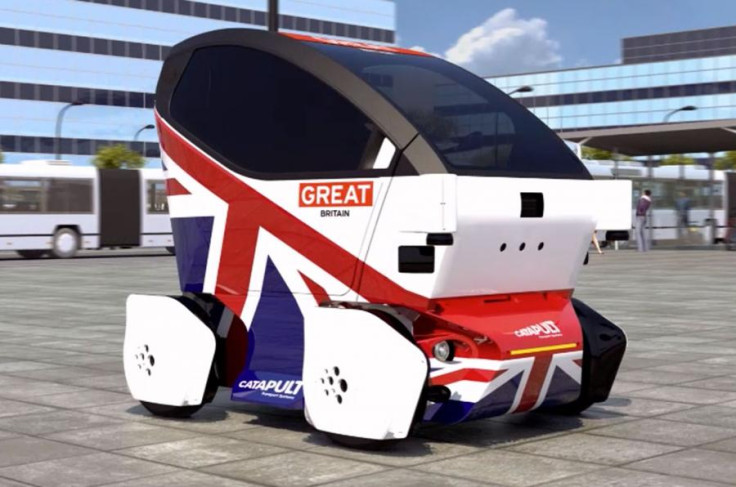Half of young Britons who drive for work fear being replaced by autonomous cars before retirement

Over half of British drivers aged 25 to 34 who use their car for work fear they will be replaced by driverless, autonomous cars before they reach retirement.
A third of drivers aged between 35 and 44 share the same fear of being replaced by self-driving vehicles, while older drivers are less concerned. Just 12% of drivers aged between 45 and 54 worry about being replaced.
The figures come from a survey of 2,000 UK employees who drive as part of their job; it was conducted by Masternaut, a pan-European provider of telematic solutions for fleet vehicles. It found 15% of professional drivers would quit their jobs if they had to work with autonomous vehicles. A third of those asked said they had concerns over autonomous cars catching computer viruses that affect performance.
Driverless cars are being trialled on UK roads in Greenwich, Milton Keynes and Coventry, as ministers consider changes to the Highway Code to allow autonomous cars to be used by the public. A number of car manufacturers already produce autonomous driving features and are actively creating solutions requiring no driver input at all.
London and York drivers most fearful
Workers in London and York were most concerned about being replaced by autonomous vehicles, with 40% of respondents across all age groups believing they will be replaced by self-driving cars before they reach retirement.
Steve Towe, chief commercial officer and UK managing director of Masternaut, said: "Driverless car technology is a very exciting development for the automotive industry and represents a major step change for UK roads, one of the biggest changes in history.
"Previously a science-fiction dream, driverless cars are now very real and are being tested on our roads, and we're intrigued to see what the future holds for the technology.
"We haven't heard a great deal from professional drivers on how driverless car technology could affect them in the future, which is something that needs to be taken into consideration, especially considering that to date in 2015, 56% of new vehicle registrations have been fleet vehicles."
© Copyright IBTimes 2025. All rights reserved.






















